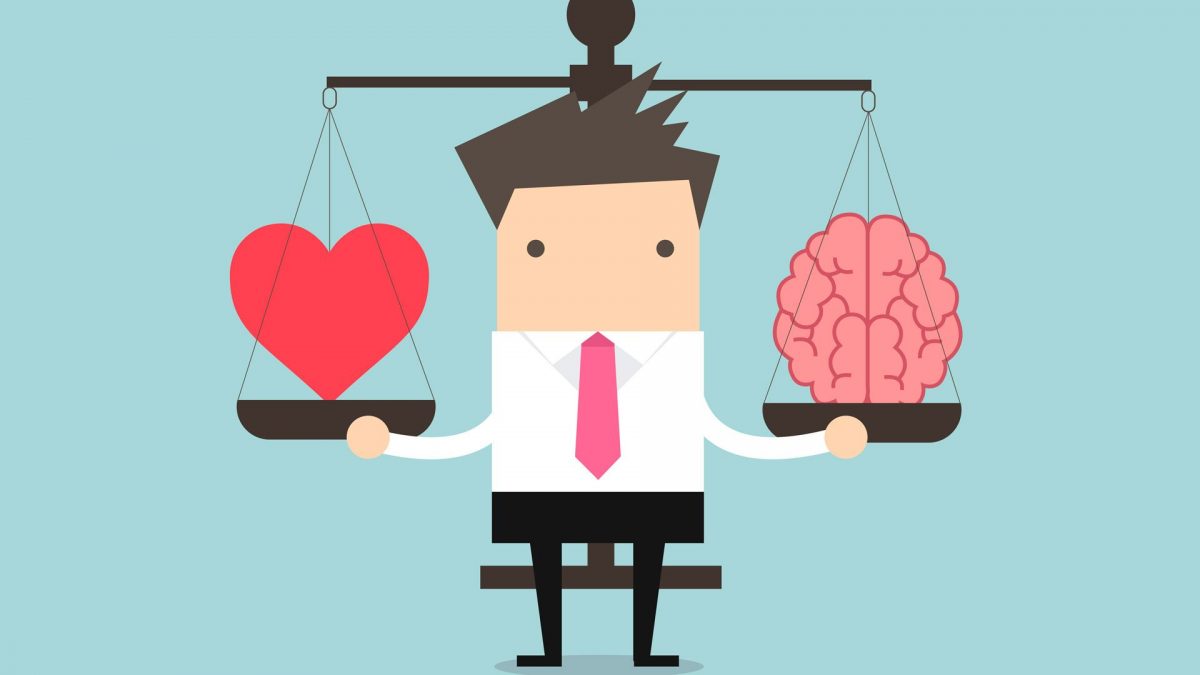Emotion is a relatively difficult concept to clearly delineate but it is generally accepted that it is an organised mental response that includes physiological, experiential and cognitive aspects. Emotions are largely, but not exclusively, related to interpersonal relationships and specific emotions are relatively resistant to cultural and individual differences, although these can affect the way in which emotions are expressed or perceived.
Personal intelligence is defined as the feelings and emotions of oneself and the ability to understand and interpret these feelings in order to guide behaviour. This can be expanded into emotional intelligence by including the application of this knowledge to other people and also to regulate actions based on it.… Read the rest


